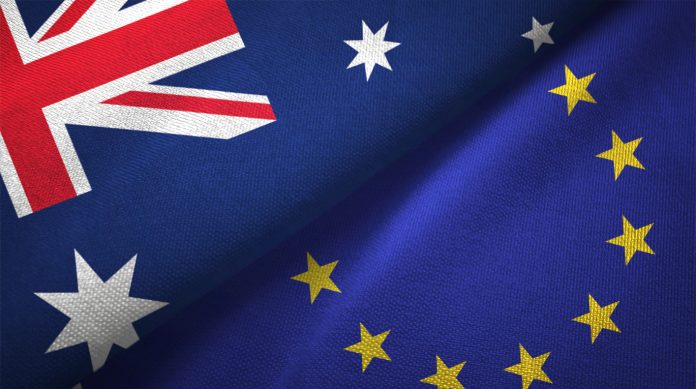The European Commission and the Australian Government have begun discussing their scientific cooperation through Australia’s association with Horizon Europe, the EU’s flagship research and innovation programme
Although this is still in the early stages of discussion, these non-binding technical talks mark a significant step towards a possible formal agreement that could see Australia more directly involved in one of the world’s most ambitious initiatives.
Strengthening a longstanding research relationship
Australia and the European Union have a long history of productive research collaboration. Their scientific partnerships date back over three decades, with the 1994 Agreement on Science and Technology Cooperation laying the foundations for sustained bilateral efforts. This agreement was later amended in 1999 and was the first of its kind between the EU and an industrialised country.
Since this collaboration has been guided and reviewed through regular meetings of the Australia-EU Joint Science and Technology Cooperation Committee (JSTCC), the most recent gathering took place in Brussels in April 2024. These forums help to shape research priorities and ensure that projects align with the evolving needs and strategic goals of both parties.
Focus on Pilar II
The current talks are centred around Australia’s potential association with Pillar II of Horizon Europe. This pillar focuses on addressing global challenges and boosting Europe’s industrial competitiveness through international research collaboration. It covers essential sectors such as digital technologies, industrial innovation, renewable energy, space exploration, and health research.
If an agreement is reached, Australian researchers will be able to access Horizon Europe funding, participate as project leaders and collaborate more easily with European counterparts. In return, Australia will make a financial contribution to the program, commensurate with its level of participation.
What would association mean?
Being associated with Horizon Europe is the closest level of cooperation possible between the EU and non-member countries in the field of research and innovation. Currently, 20 non-EU countries are associated with the programme, benefiting from direct access to funding and inclusion in EU-led research consortia.
For Australia, joining this group would mark a significant elevation of its international science and innovation profile, while also granting its research institutions and innovators new opportunities to collaborate on cutting-edge projects with global impact.
Scientific progress
International cooperation in research and innovation is still a priority for the European Commission. Its association policy is grounded in the “Global Approach to Research and Innovation,” which emphasises the importance of openness, excellence, and global partnership.
The exploratory discussion with Australia reflects this commitment to fostering strong international ties that accelerate scientific breakthroughs, support the green and digital transitions, and build a resilient innovation ecosystem.
As the technical talks continue, both sides will assess the practical, legal, and financial aspects of a possible agreement. While no timeline for a decision has been announced, the initiation of these discussions signals a shared intent to bring Australia closer to Europe’s scientific and innovation landscape.
If successful, association with Horizon Europe would offer Australia a front-row seat in tackling global challenges, together with Europe, through science, research, and innovation.











